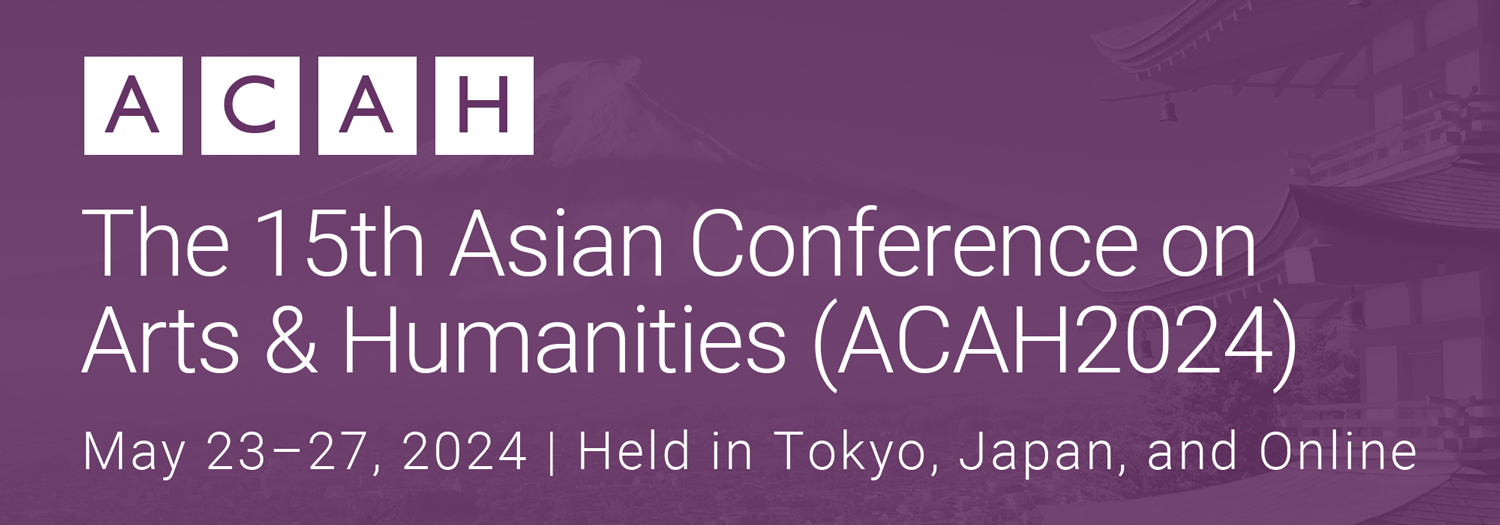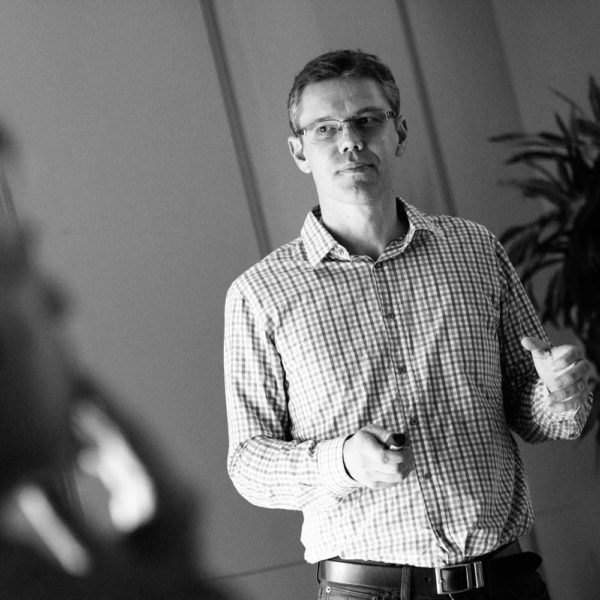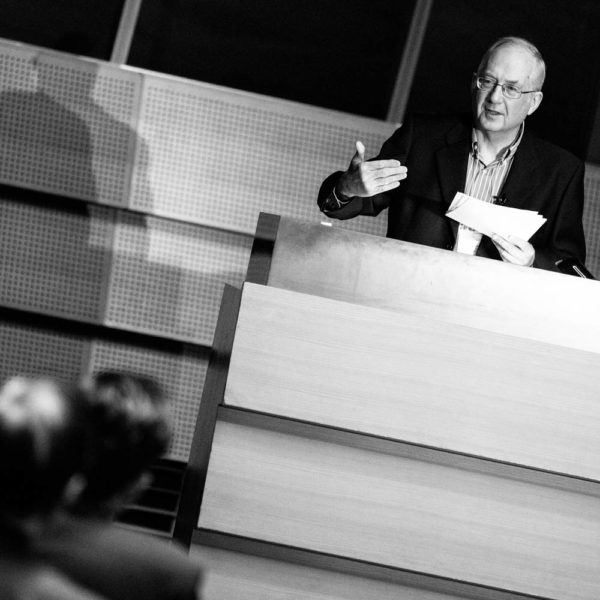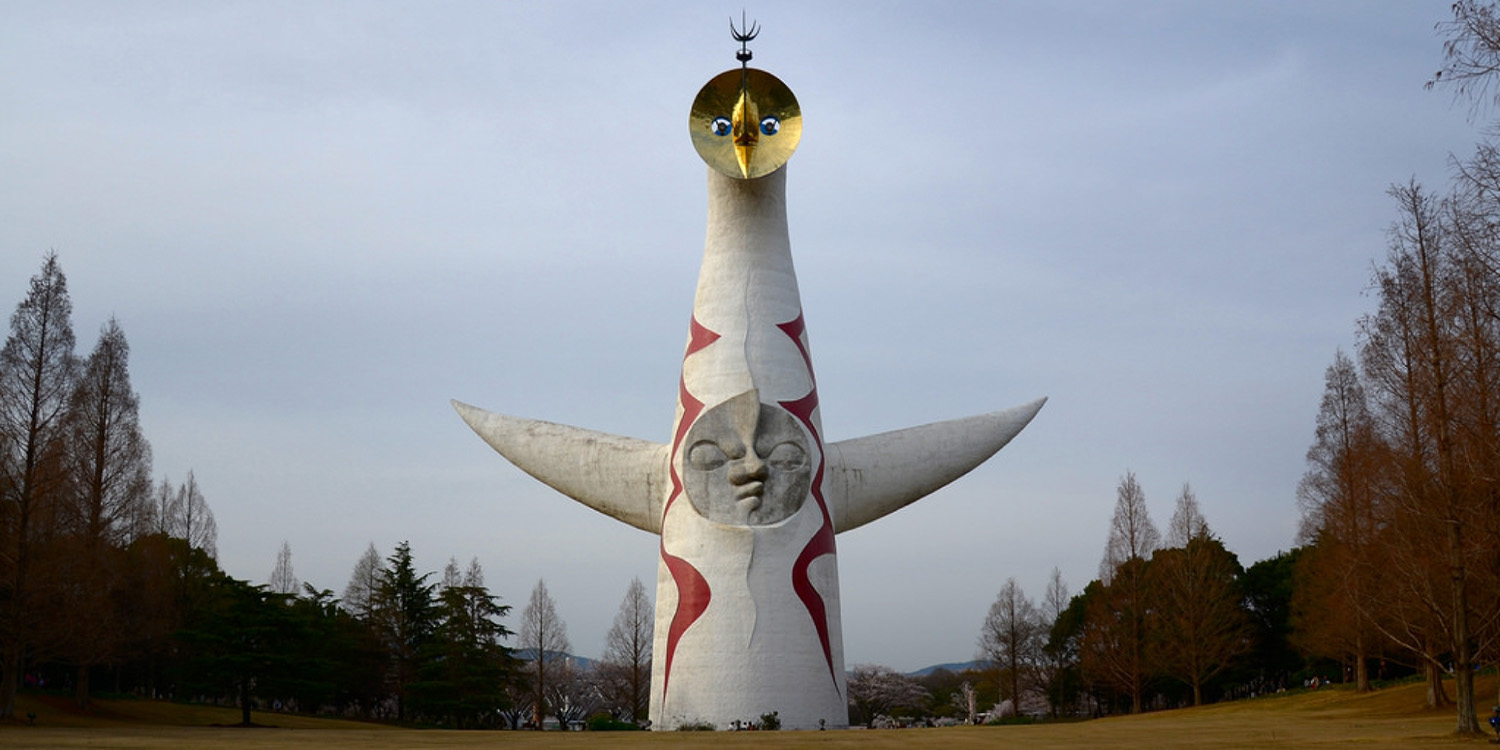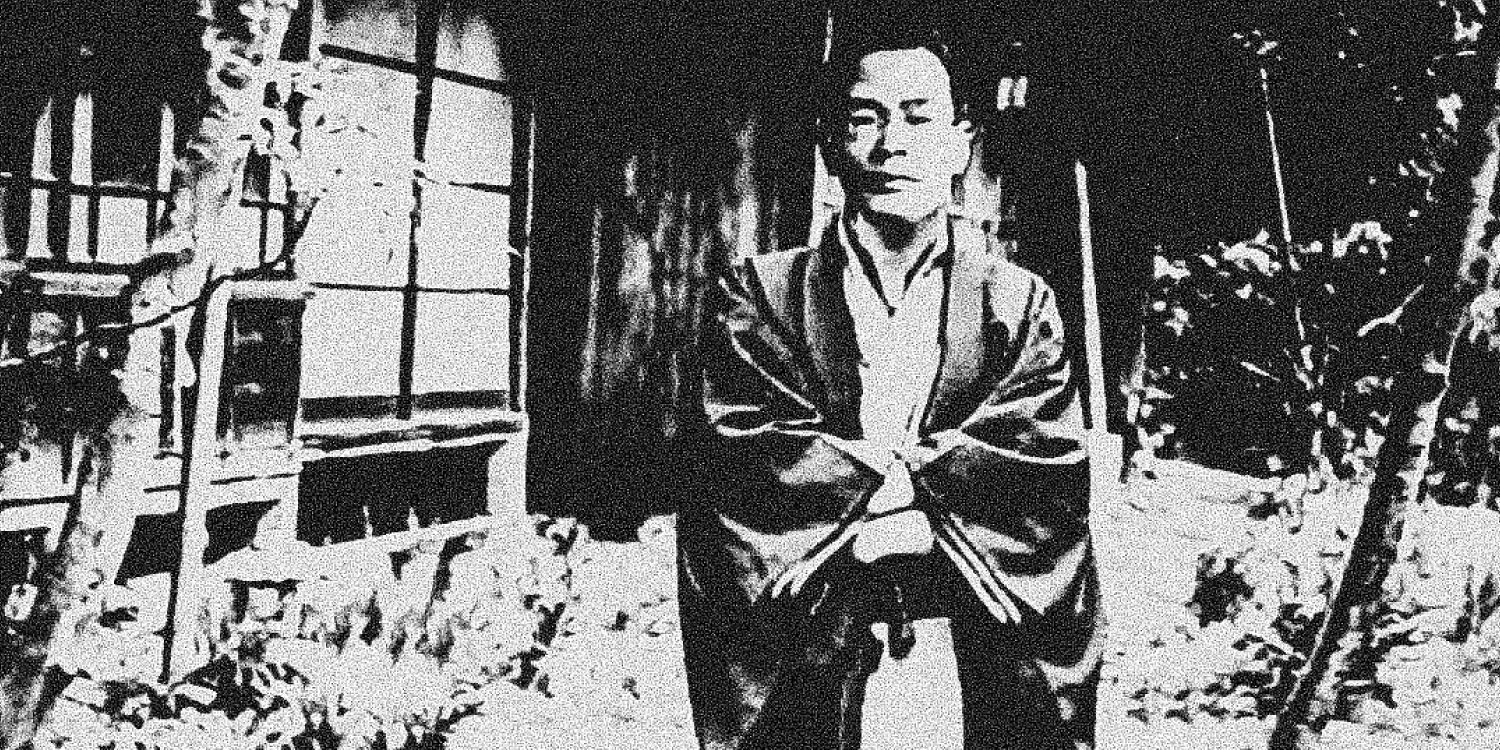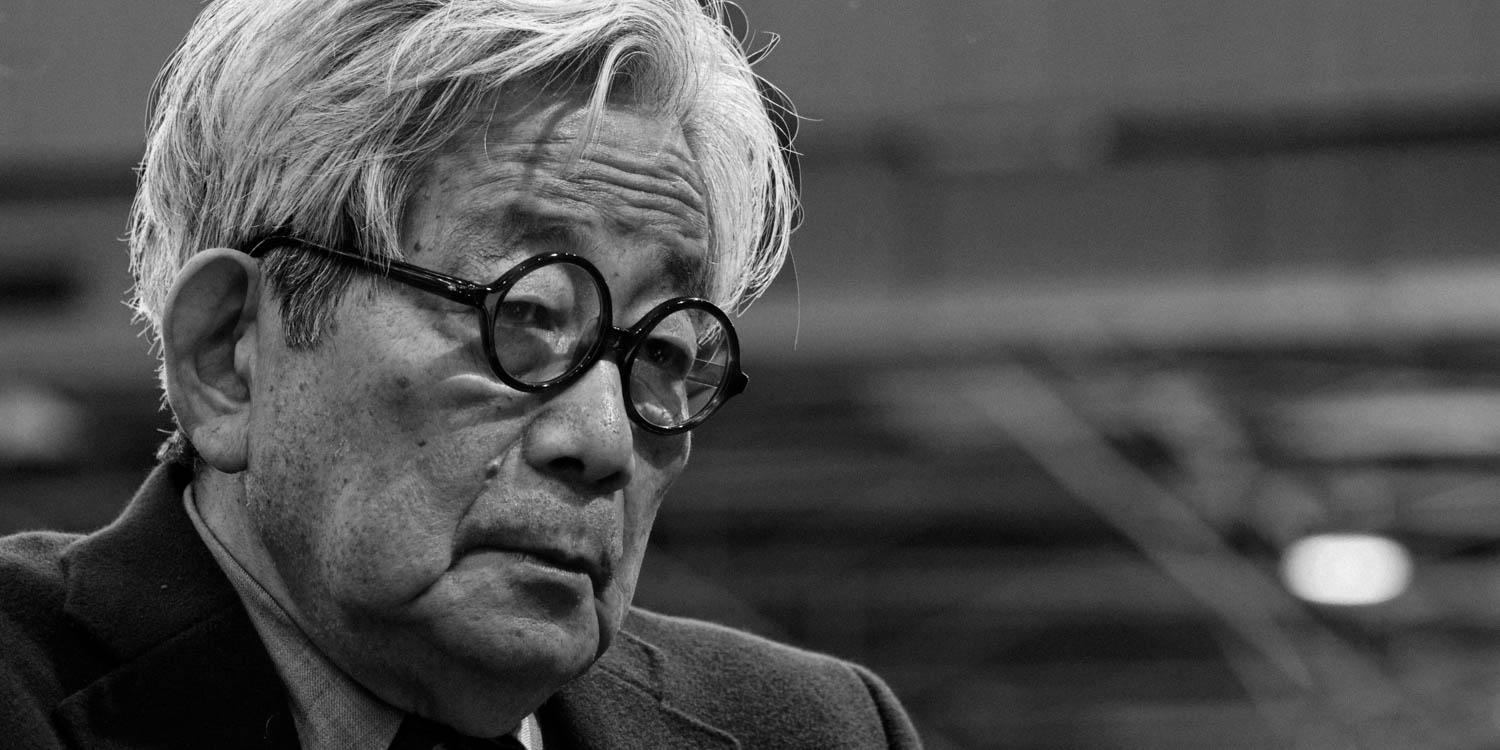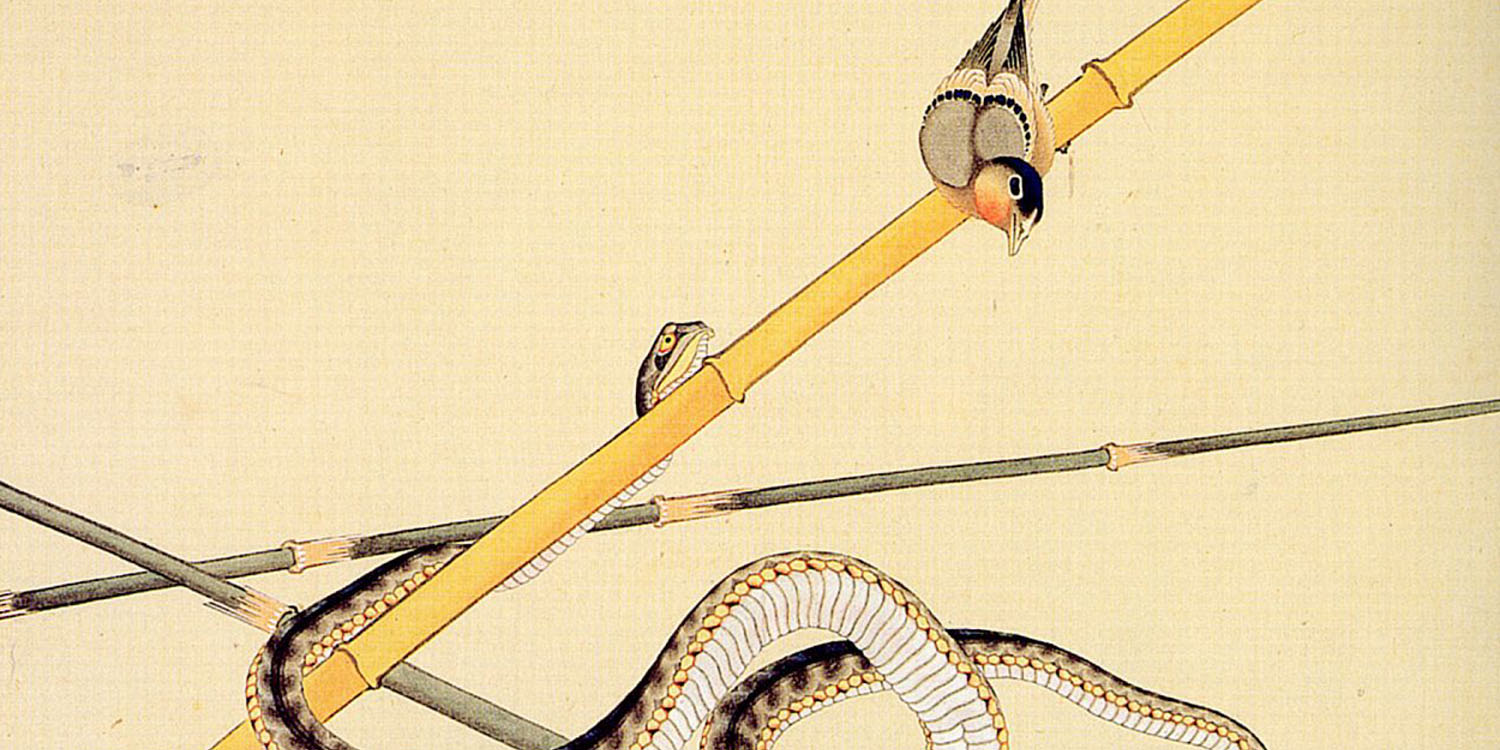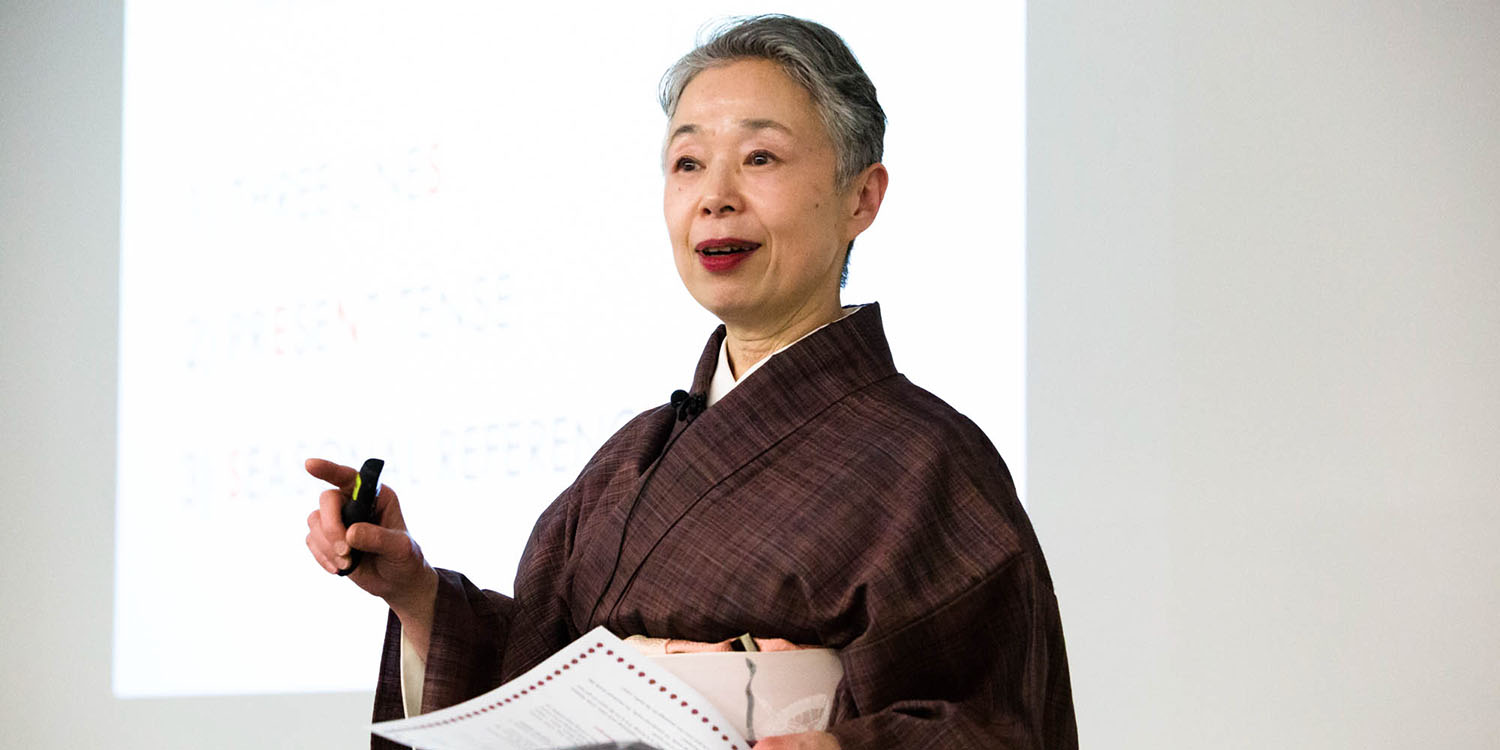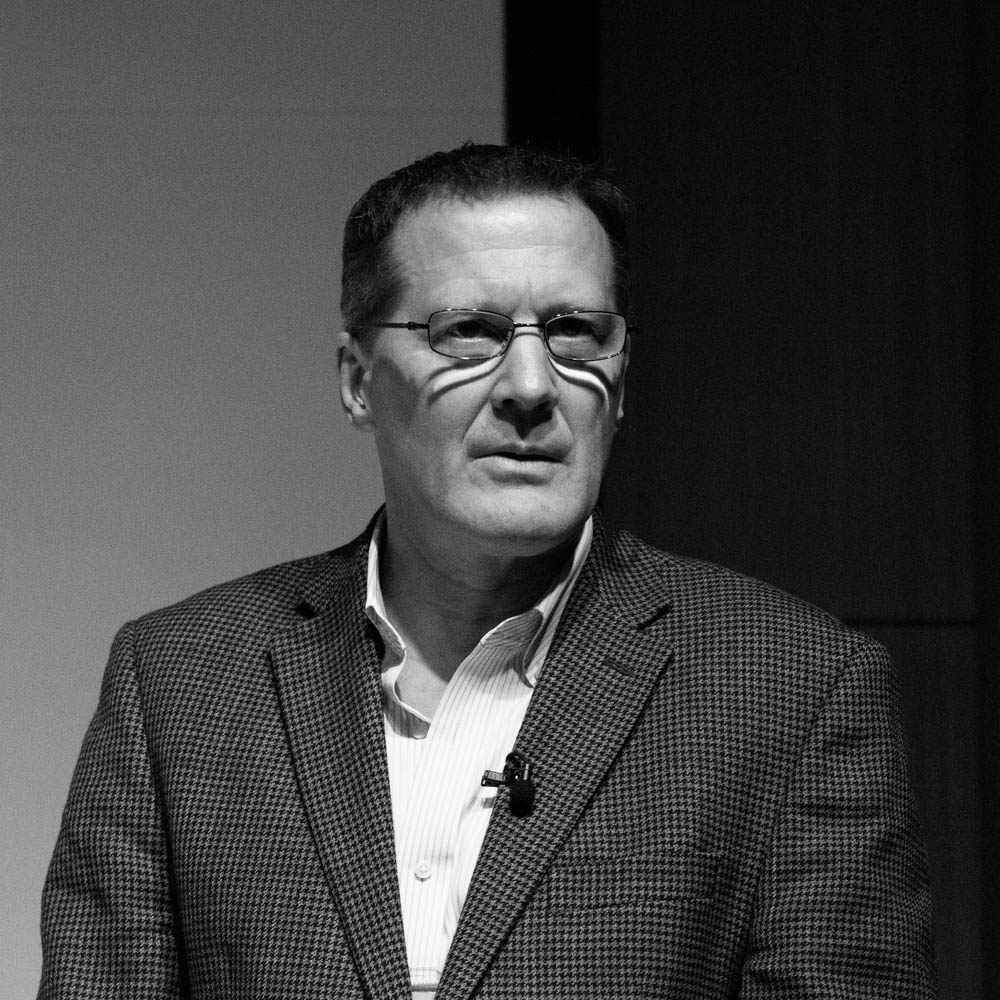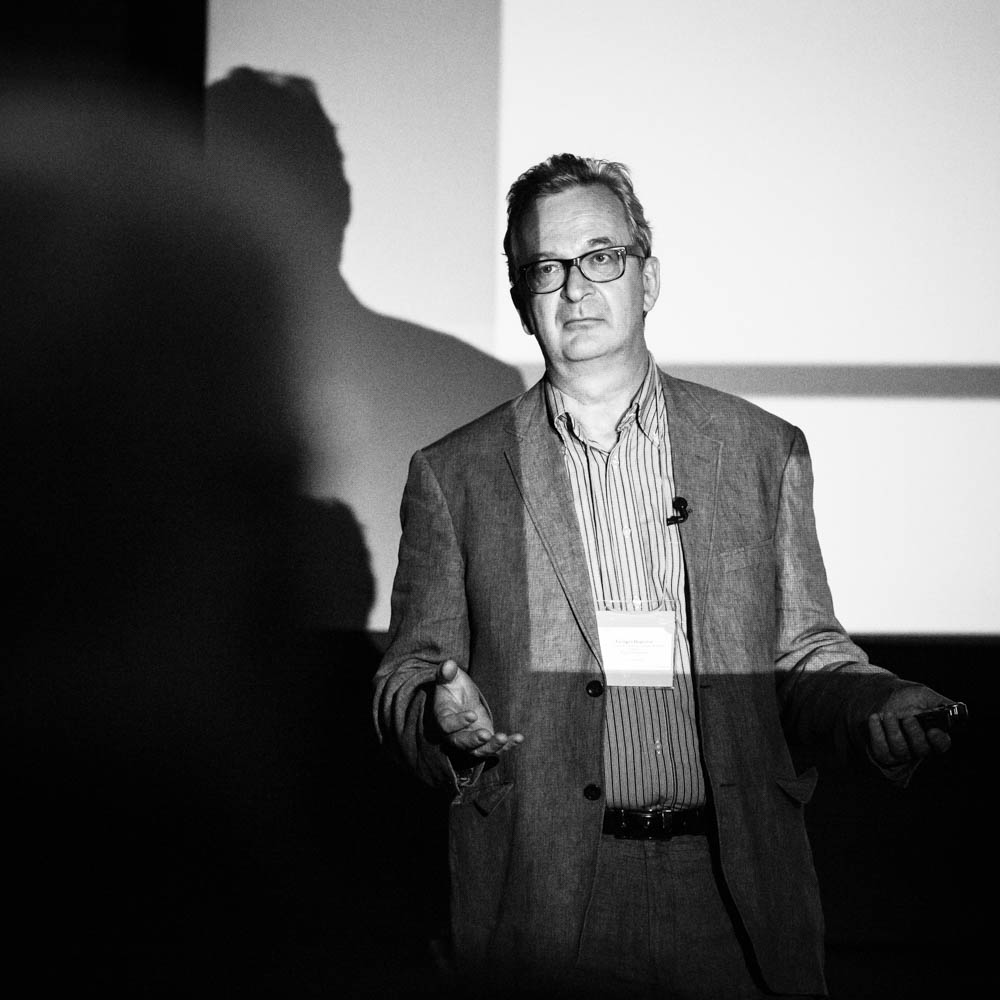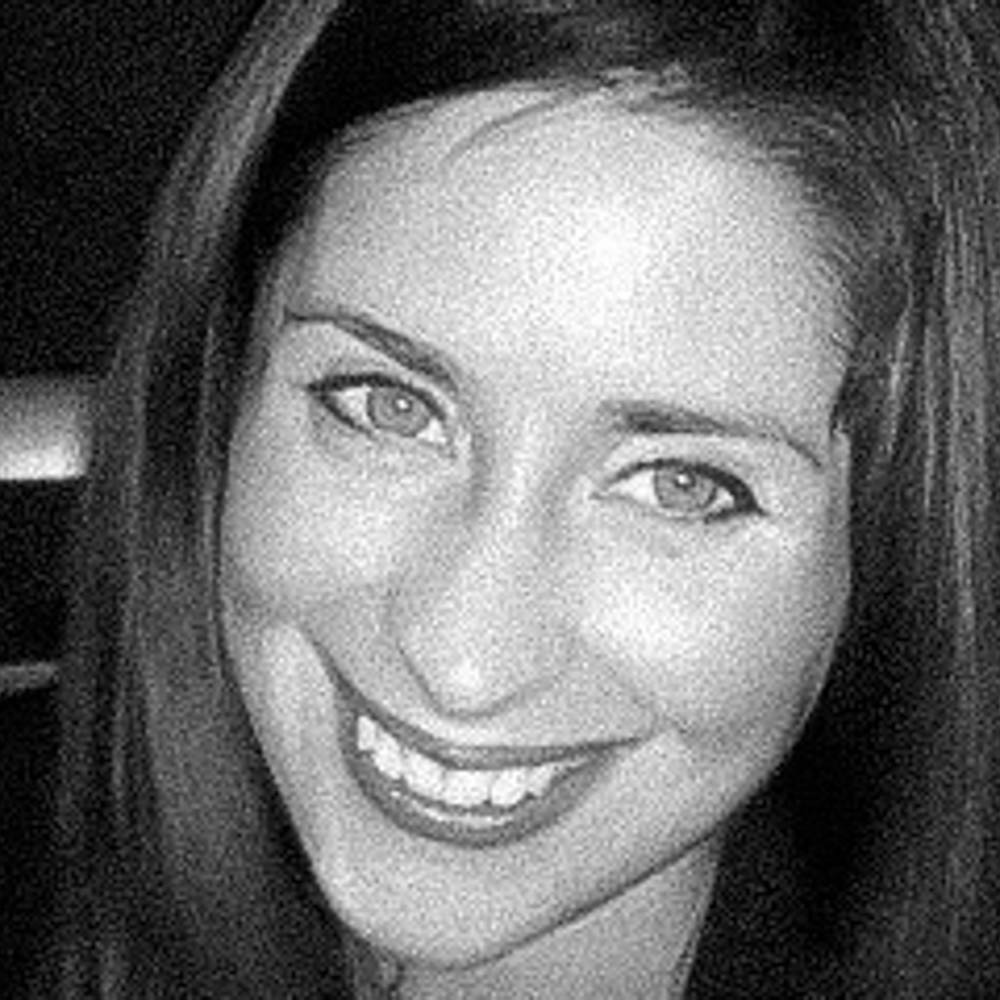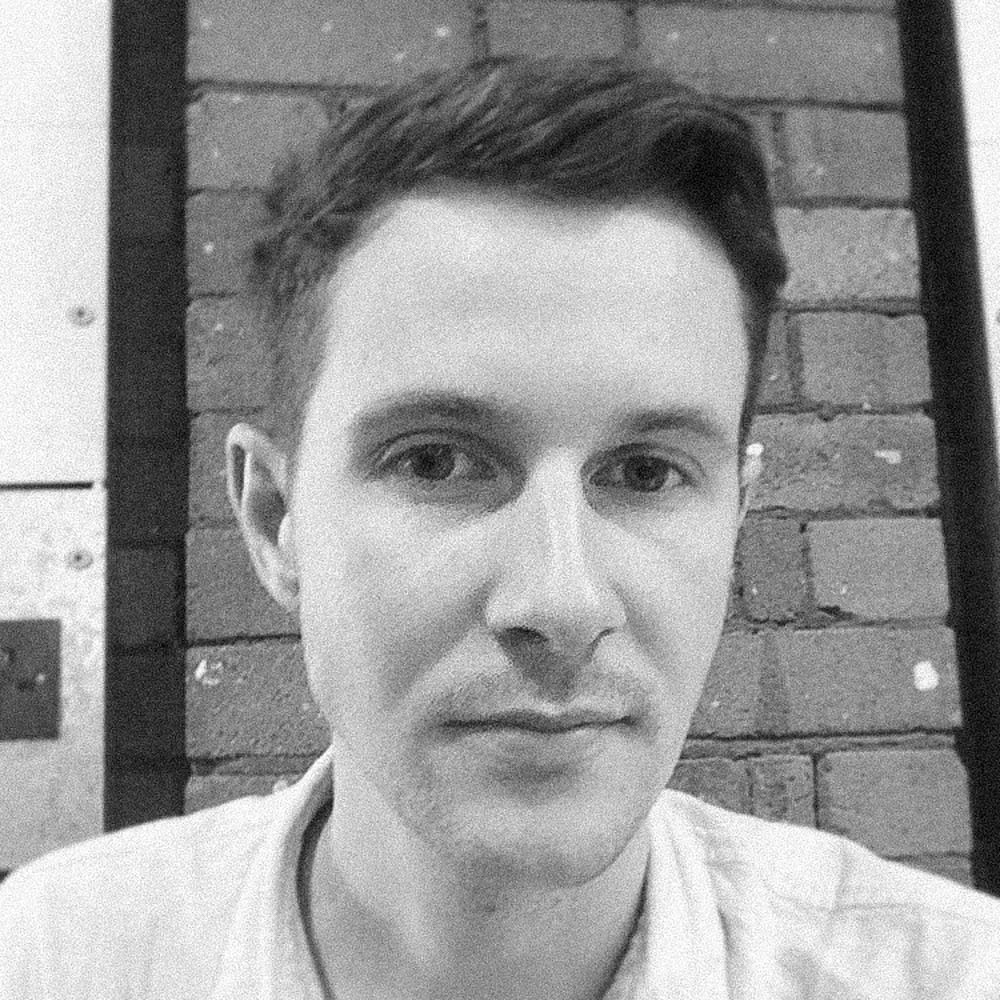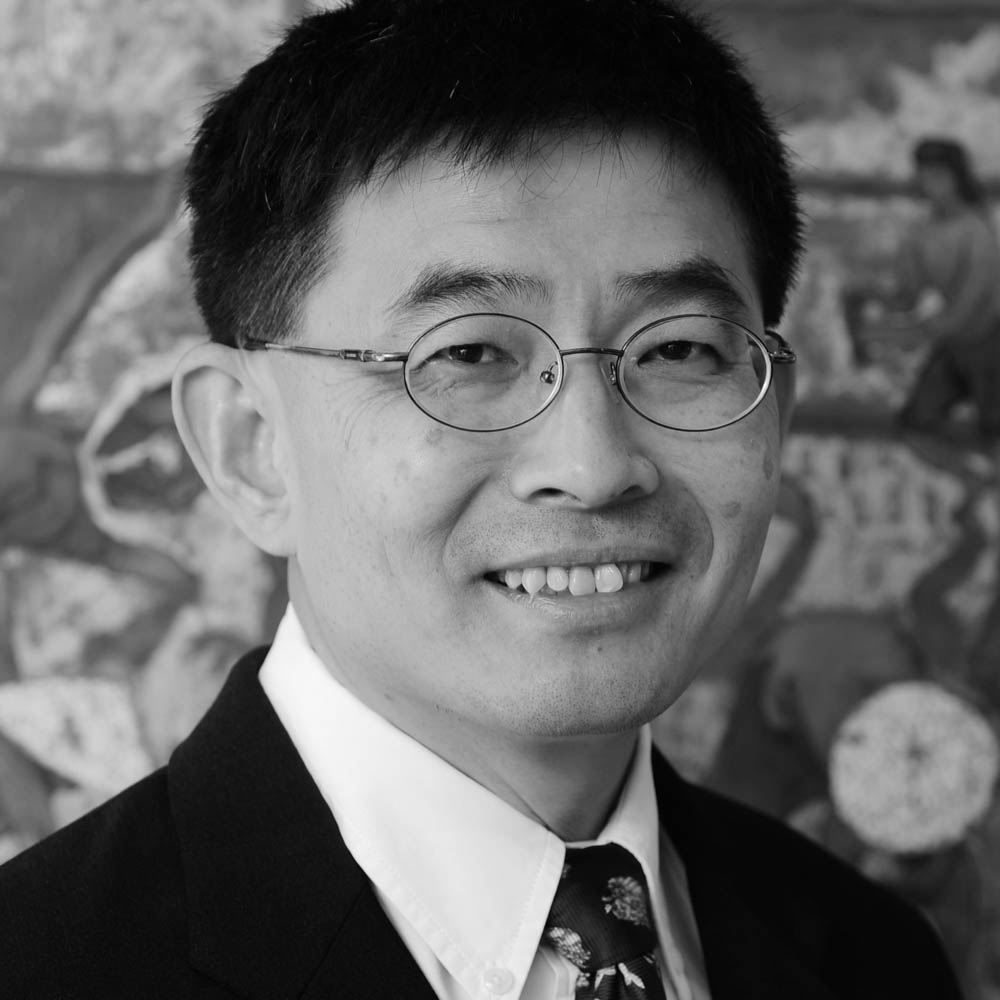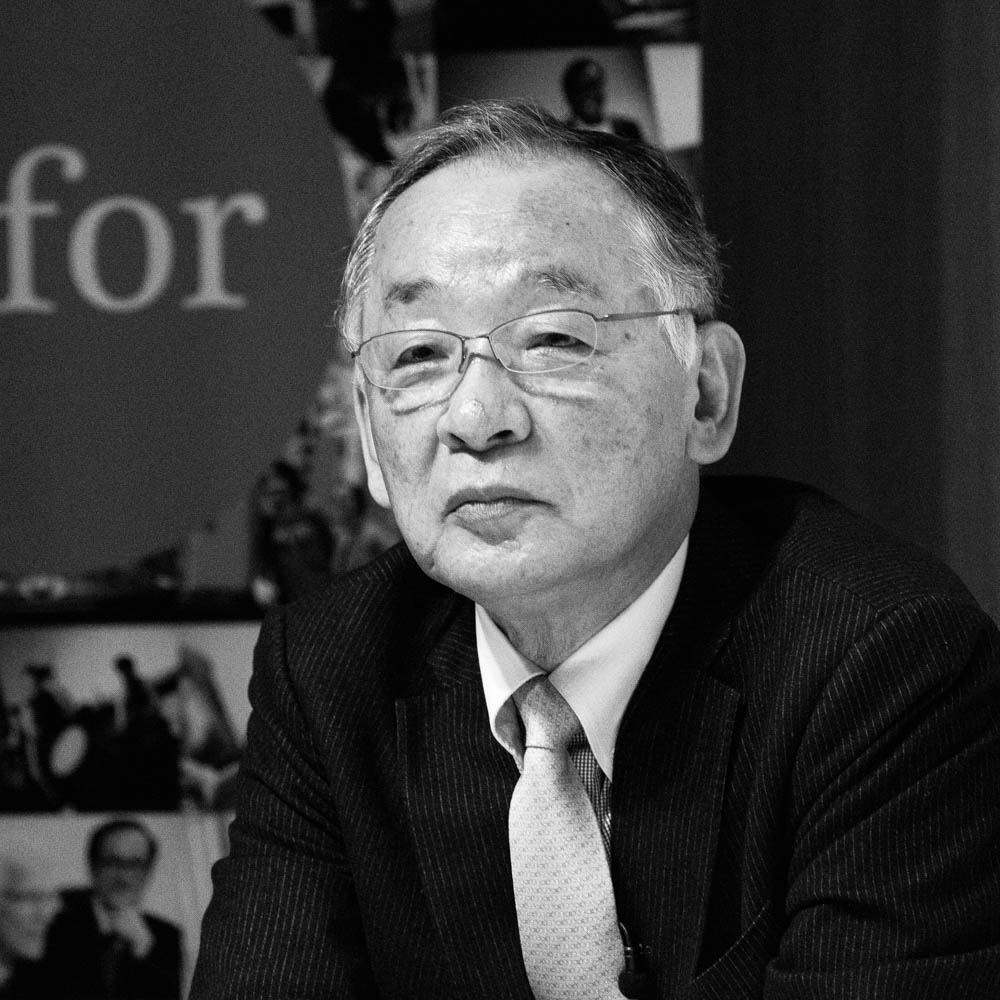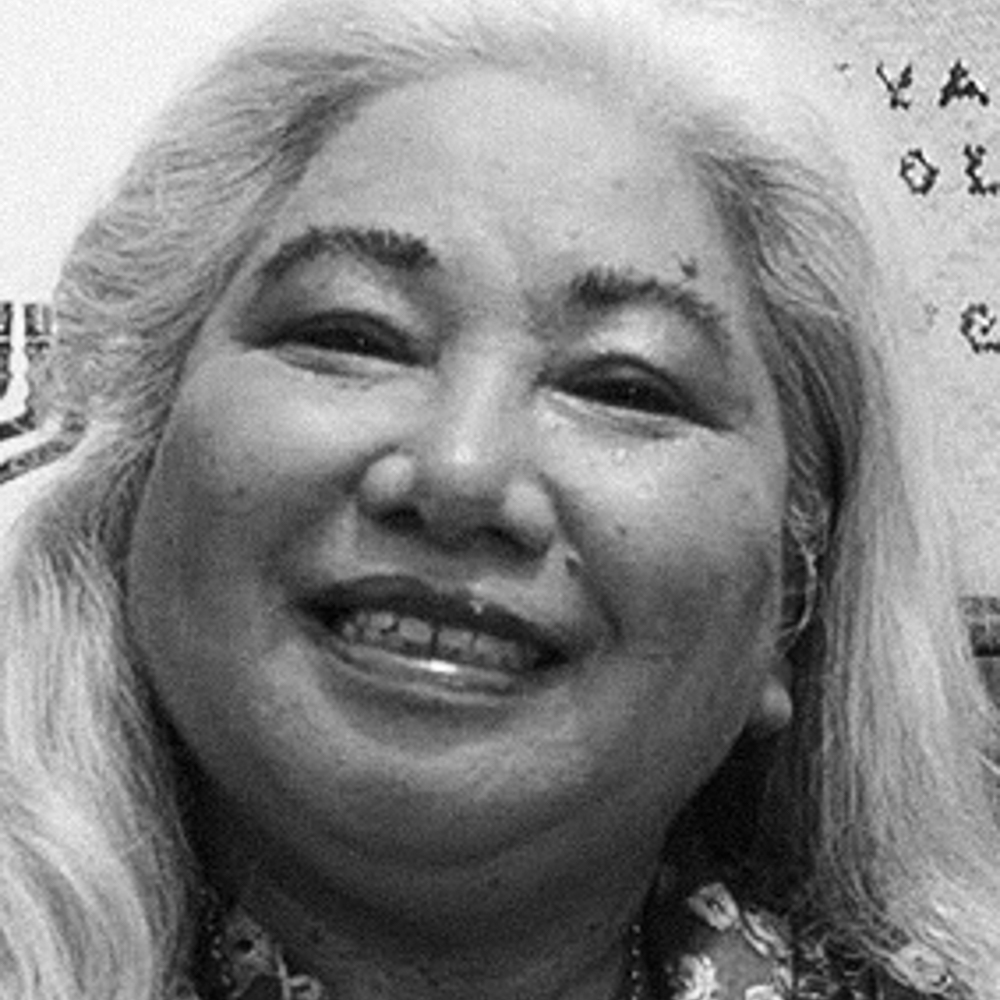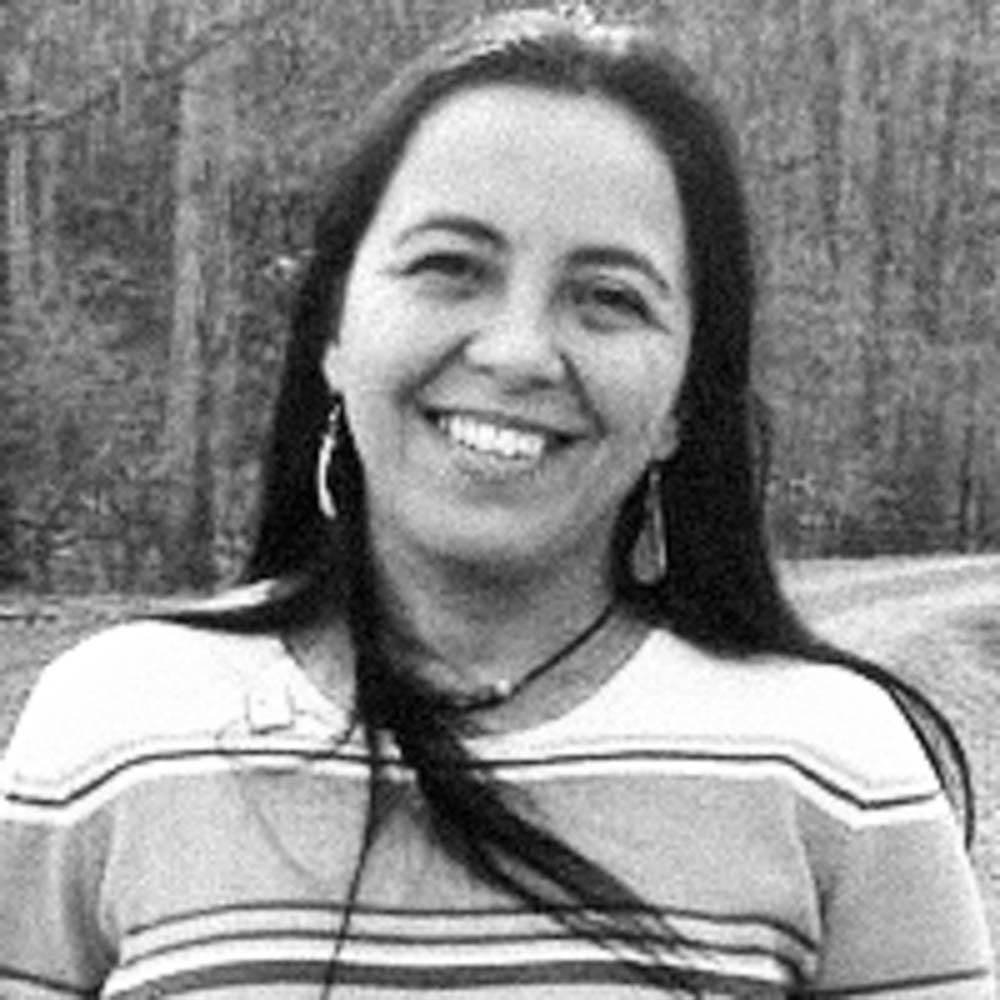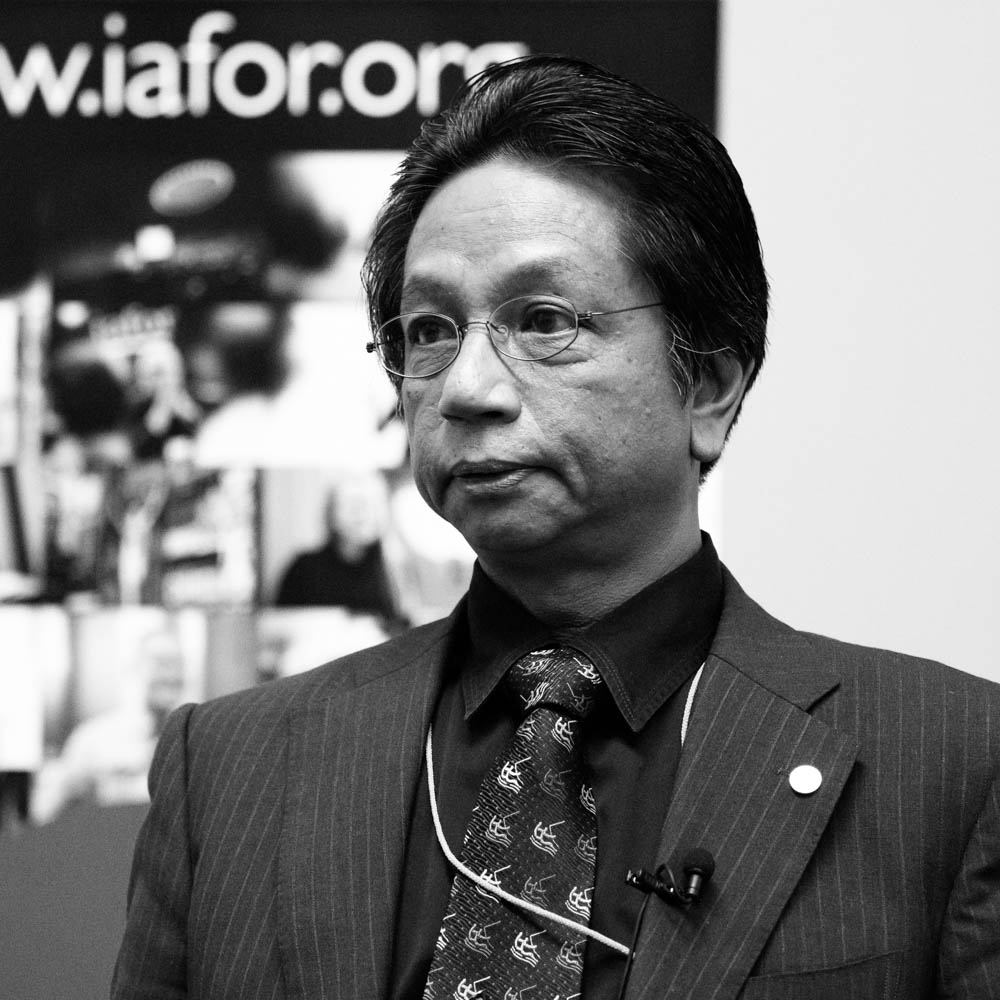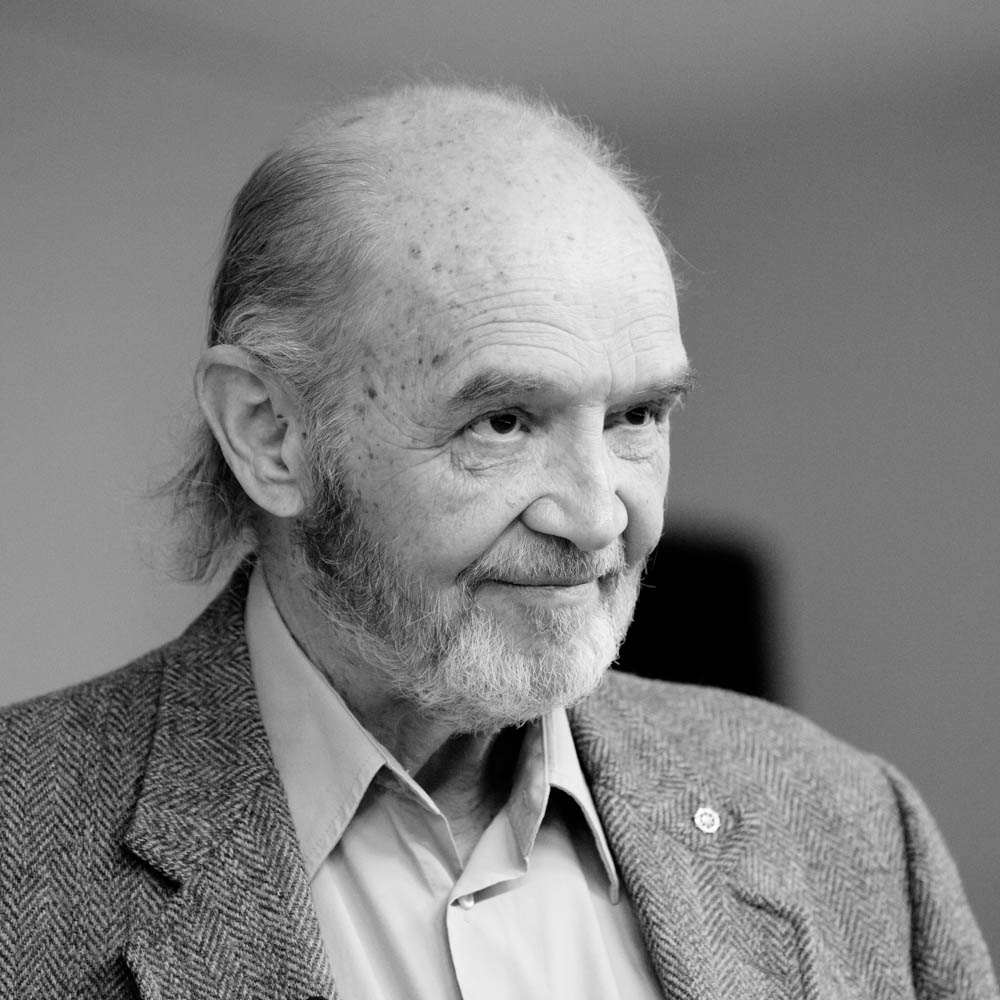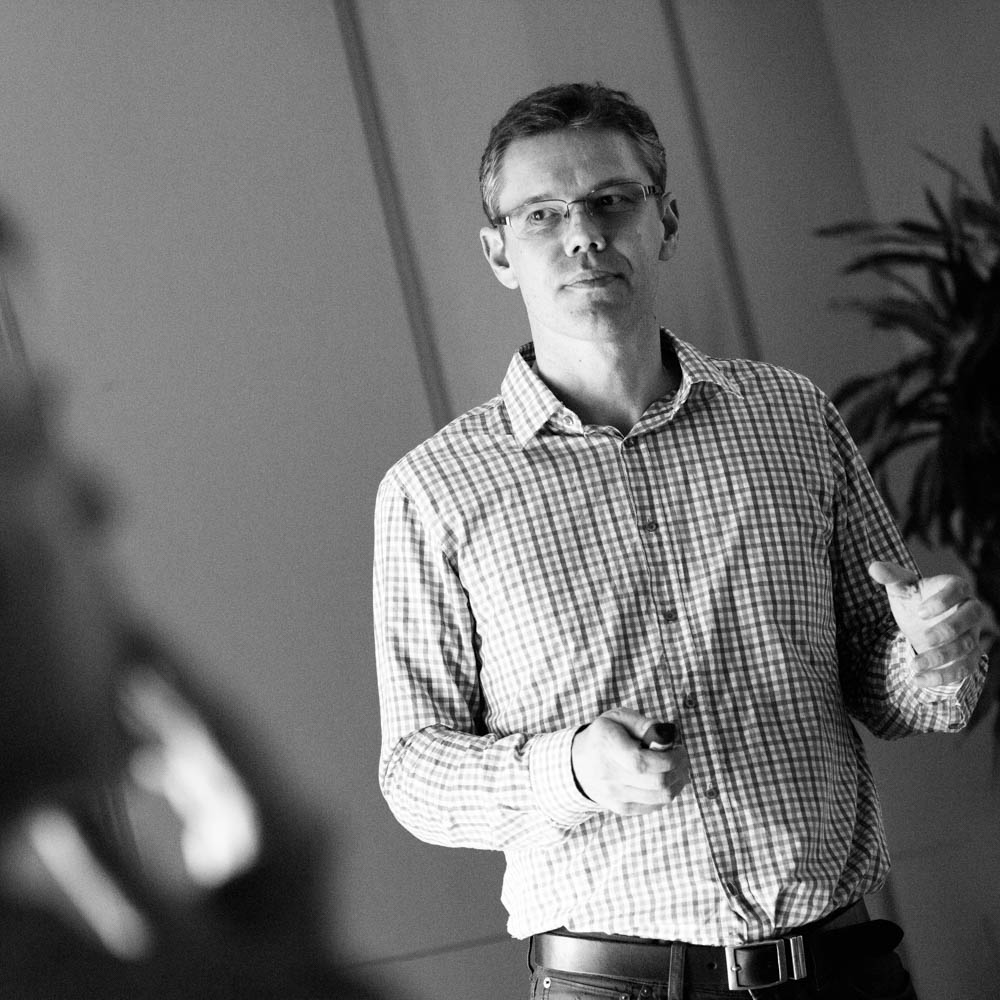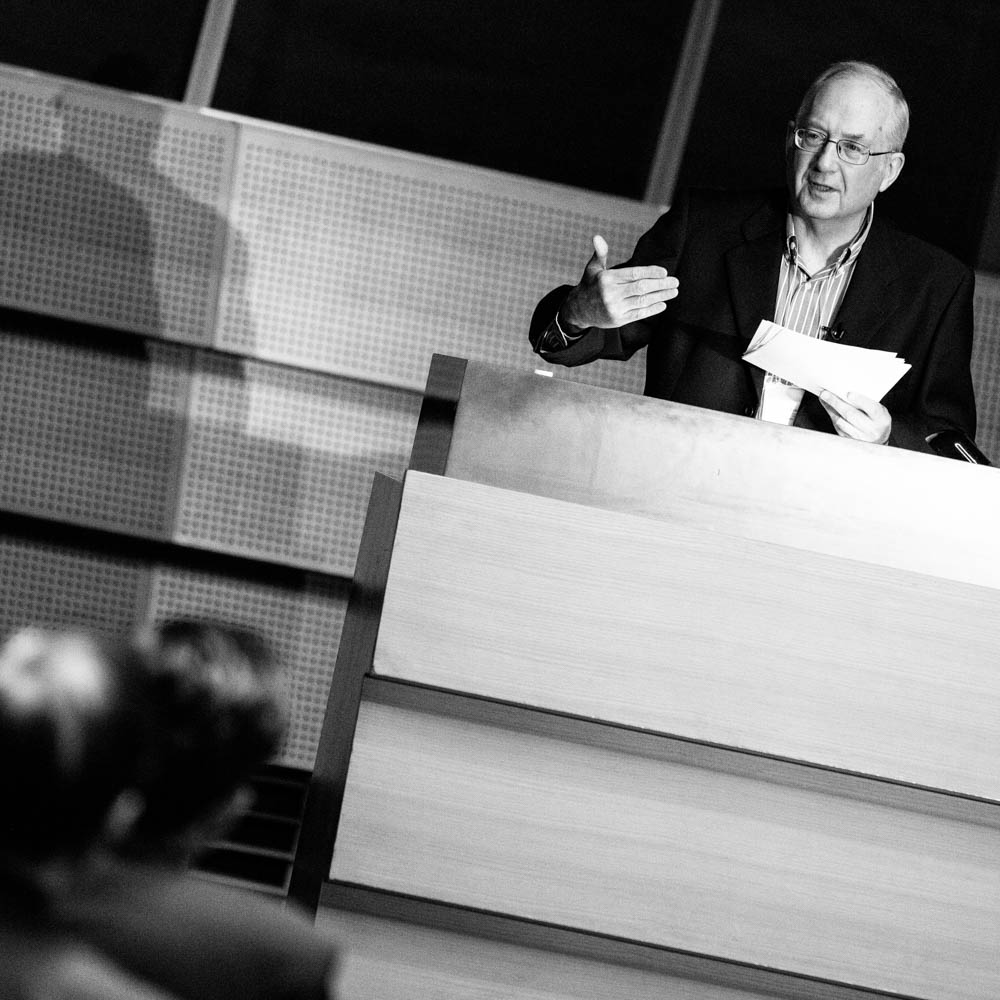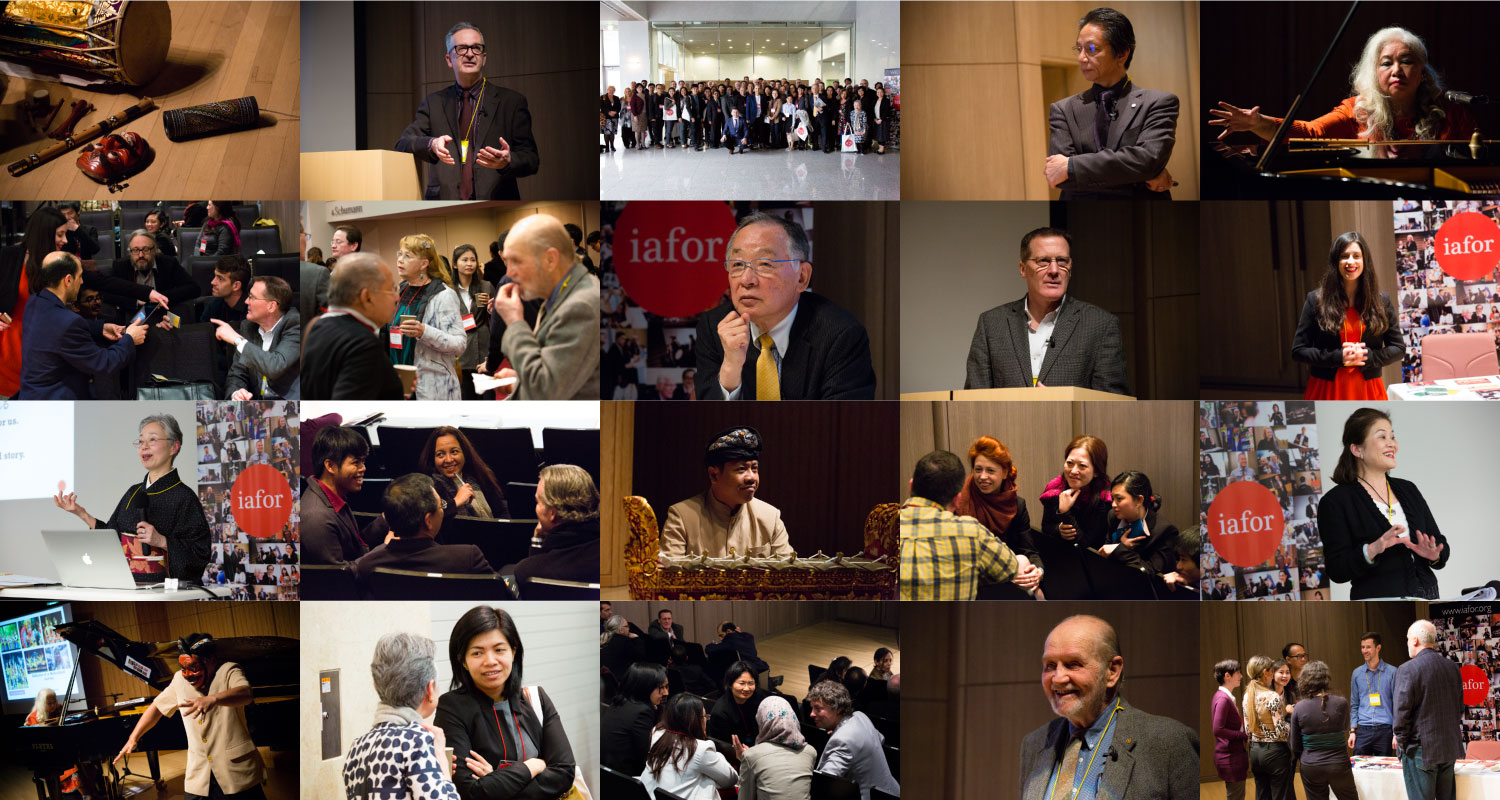
Photographs of The Asian Conference on Arts & Humanities 2017 (ACAH2017) in Kobe, Japan
“History, Story, Narrative”
March 30 – April 2, 2017 | Art Center Kobe, Kobe, Japan
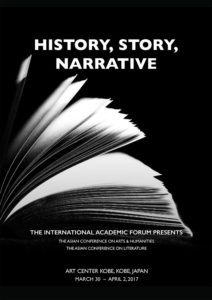 Historians are far from the only interested party in writing history. In a sense it is an interest we all share – whether we are talking politics, region, family birthright, or even personal experience. We are spectators to the process of history while being intimately situated within its impact and formations.
Historians are far from the only interested party in writing history. In a sense it is an interest we all share – whether we are talking politics, region, family birthright, or even personal experience. We are spectators to the process of history while being intimately situated within its impact and formations.
How, then, best to write it? Is it always the victor’s version? Have we not begun increasingly to write “history from below”, that lived by those who are not at the top of the power hierarchy? Are accounts of history always gender-inflected, hitherto, at least, towards men rather than women? Who gets to tell history if the issue is colonialism or class? How does geography, the power of place, intersect with history? What is the status of the personal story or narrative within the larger frame of events?
This conference addresses issues of writing history from literary and other discursive perspectives. That is to say: novels, plays, poems, autobiographies, memoirs, diaries, travel logs and a variety of styles of essay. One thinks of Shakespeare’s history plays, Tolstoy’s War and Peace, Shi Nai’an’s The Water Margin, Balzac’s La Comédie Humaine. It also addresses oral history, the spoken account or witness, the Hiroshima survivor to the modern Syrian migrant.
Which also connects to the nexus of media and history. The great “historical” films continue to hold us, be it Eisenstein’s October: Ten Days That Shook the World (1928) or Gone with the Wind (1939). We live in an age of documentaries, whether film or TV. There is a view that we also inhabit “instant” history, the download to laptop, the app, the all-purpose mobile. How has this technology changed our perception, our lived experience, of history? What is the role of commemoration, parade, holiday, festival or statuary in the writing of history?
The different modes by which we see and understand history, flow and counter-flow, nevertheless come back to certain basics.
One asks whether we deceive ourselves in always asking for some grand narrative. Can there only be one narrator or is history by necessity a colloquium, contested ground? Is national history a myth? And history-writing itself: is it actually a form of fiction, an artifice which flatters to deceive? What, exactly, is a historical fact?
Programme
-
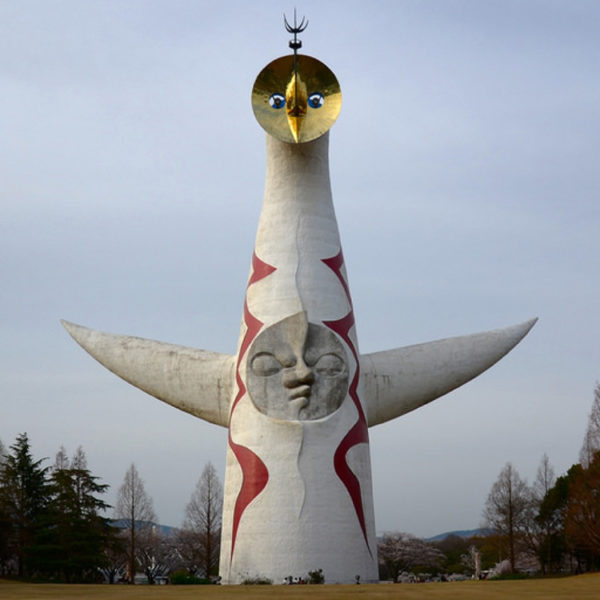 Art and Narrative in the Public SphereFeatured Panel Presentation: Yutaka Mino & Tan Tarn How
Art and Narrative in the Public SphereFeatured Panel Presentation: Yutaka Mino & Tan Tarn How -
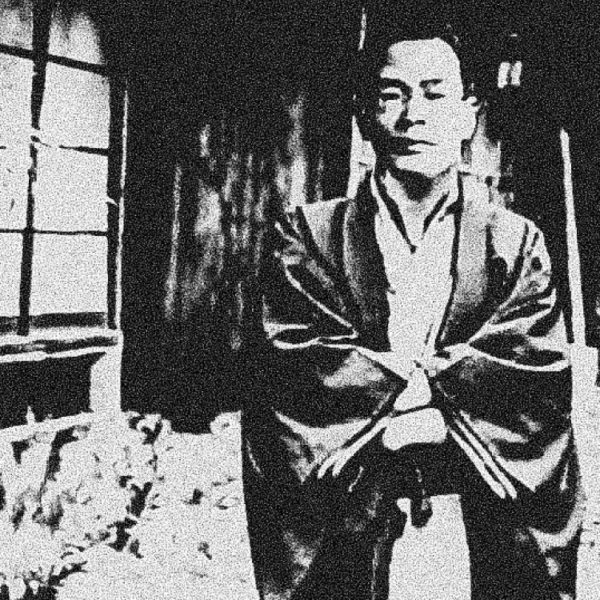 D.T. Suzuki: How Did Scholars Get It So Wrong?Featured Presentation: Brian Victoria
D.T. Suzuki: How Did Scholars Get It So Wrong?Featured Presentation: Brian Victoria -
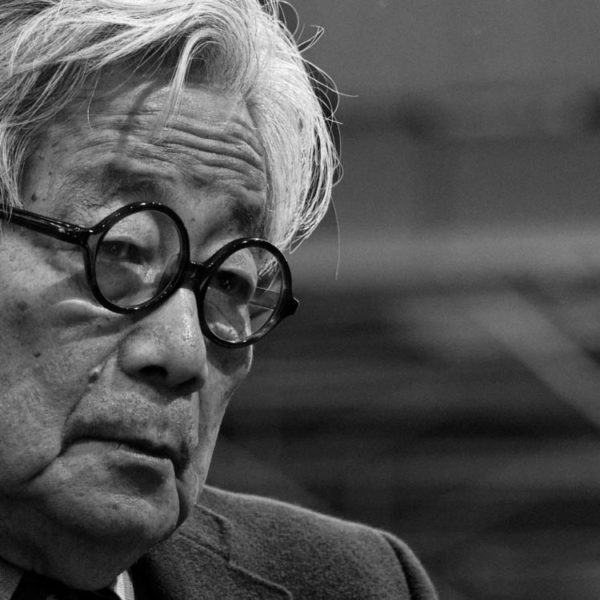 Ambiguous Japan: A Study on Four Lectures of Nobel Prize Winner Kenzaburō ŌeSpotlight Presentation: Michele Eduarda Brasil de Sá
Ambiguous Japan: A Study on Four Lectures of Nobel Prize Winner Kenzaburō ŌeSpotlight Presentation: Michele Eduarda Brasil de Sá -
 History, Story, Narrative – Constructing HistoryFeatured Panel Presentation: Brian Victoria, Georges Depeyrot & Myles Chilton
History, Story, Narrative – Constructing HistoryFeatured Panel Presentation: Brian Victoria, Georges Depeyrot & Myles Chilton -
 Utilising Technology to Unlock the PastFeatured Workshop: Ruth Farrar & Barney Heywood
Utilising Technology to Unlock the PastFeatured Workshop: Ruth Farrar & Barney Heywood -
 Stories Surpass History to Influence Individual and Social IdentitiesIAAB Presentation: Monty P. Satiadarma
Stories Surpass History to Influence Individual and Social IdentitiesIAAB Presentation: Monty P. Satiadarma -
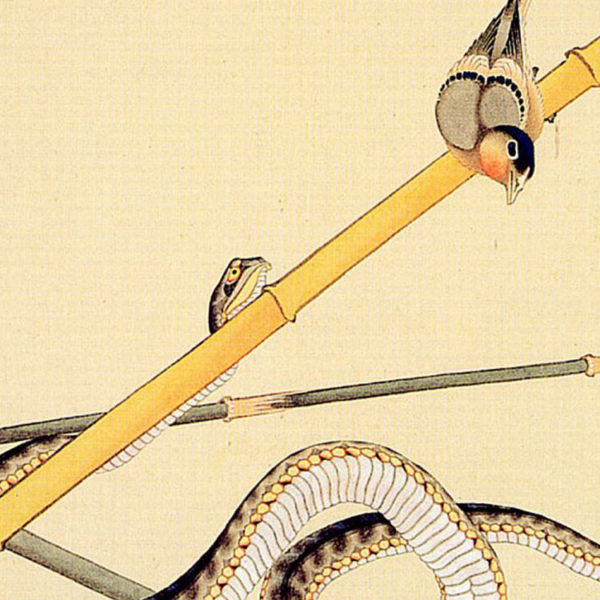 The IAFOR Vladimir Devidé Haiku Award CeremonyFeatured Event
The IAFOR Vladimir Devidé Haiku Award CeremonyFeatured Event -
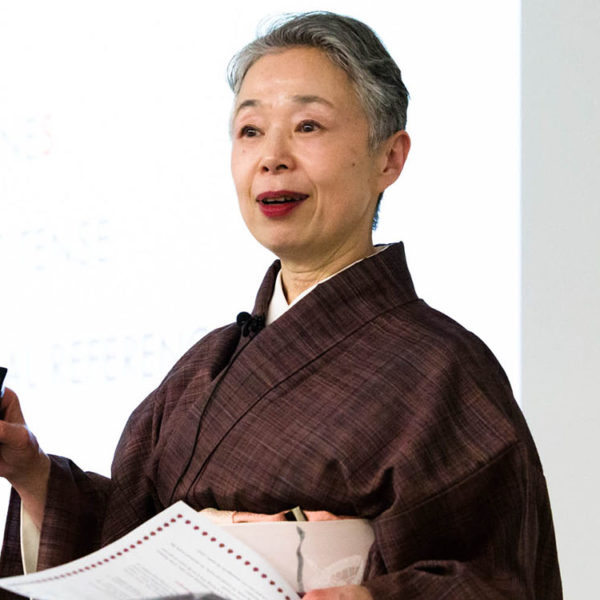 Haiku WorkshopFeatured Workshop: Emiko Miyashita & Hana Fujimoto
Haiku WorkshopFeatured Workshop: Emiko Miyashita & Hana Fujimoto
Speakers
-
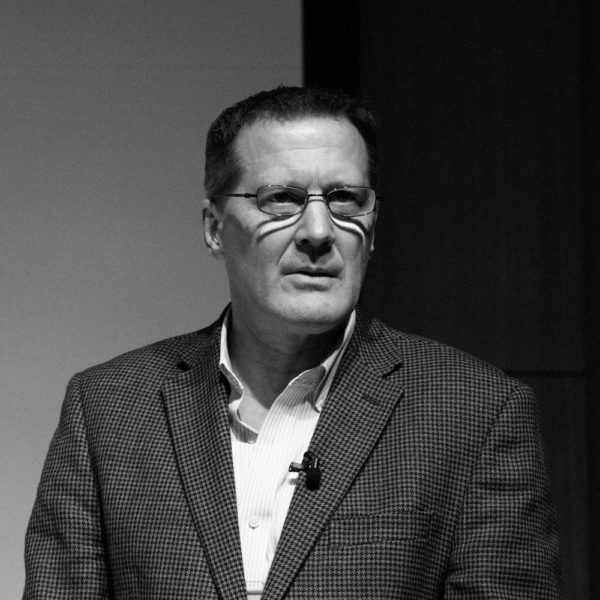 Myles ChiltonNihon University, Japan
Myles ChiltonNihon University, Japan -
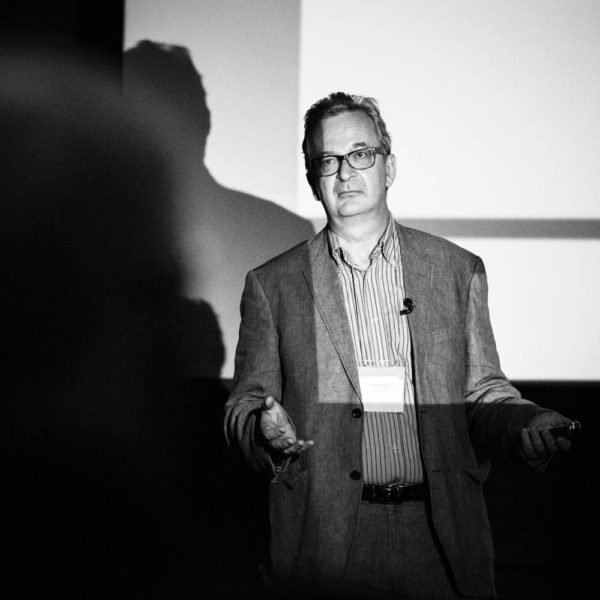 Georges DepeyrotFrench National Center for Scientific Research, France
Georges DepeyrotFrench National Center for Scientific Research, France -
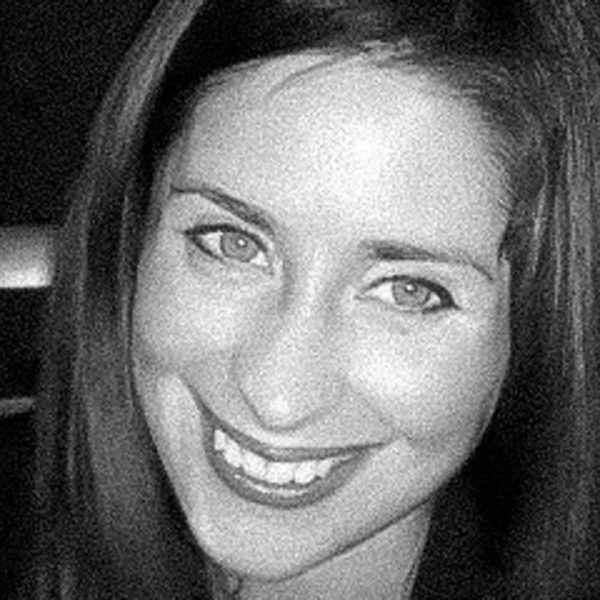 Ruth FarrarBath Spa University, UK
Ruth FarrarBath Spa University, UK -
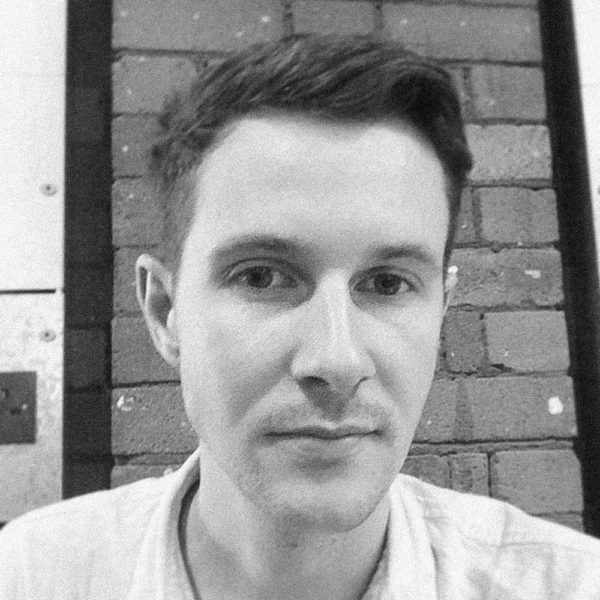 Barney HeywoodStand + Stare
Barney HeywoodStand + Stare -
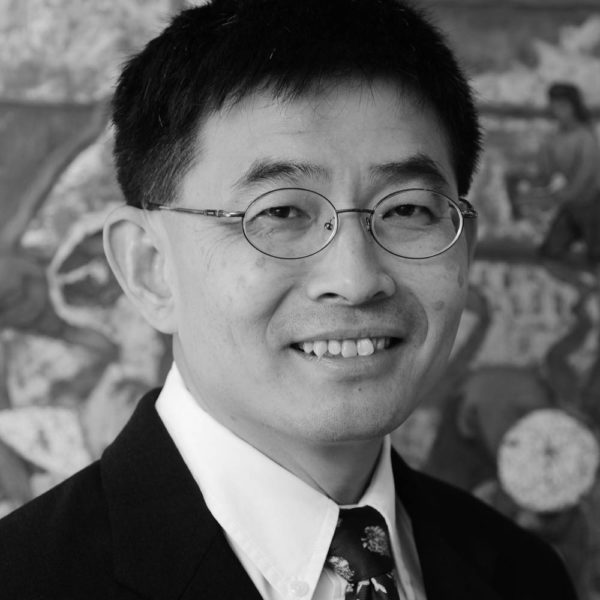 Tan Tarn HowNational University of Singapore, Singapore
Tan Tarn HowNational University of Singapore, Singapore -
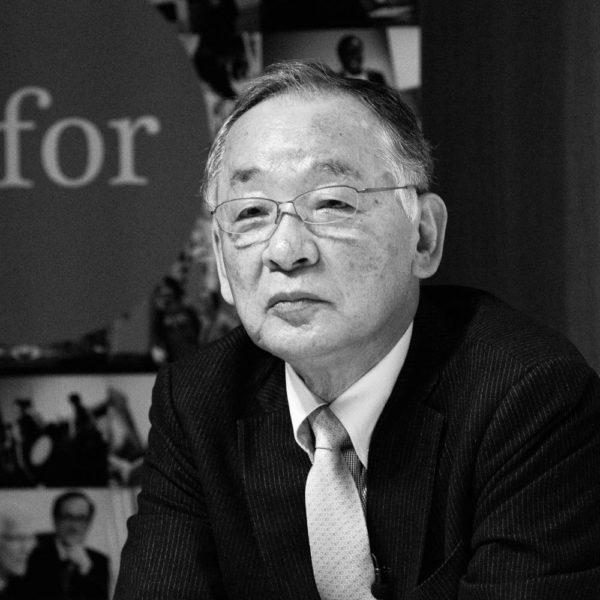 Yutaka MinoHyogo Prefectural Museum of Art, Japan
Yutaka MinoHyogo Prefectural Museum of Art, Japan -
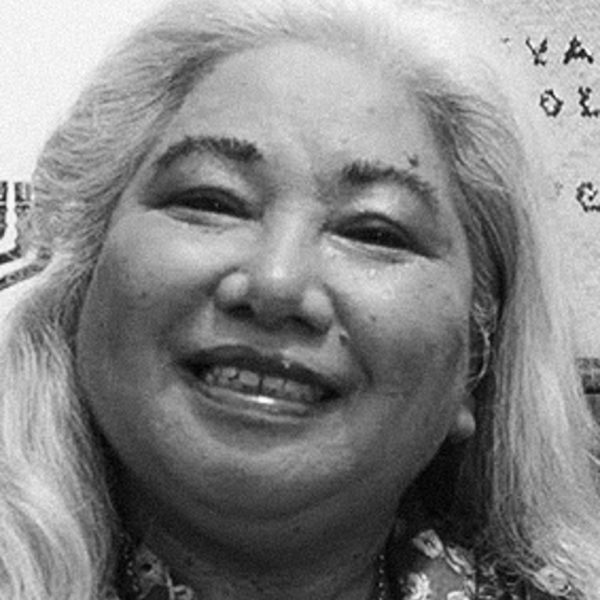 Marusya NainggolanUniversity of Indonesia, Indonesia
Marusya NainggolanUniversity of Indonesia, Indonesia -
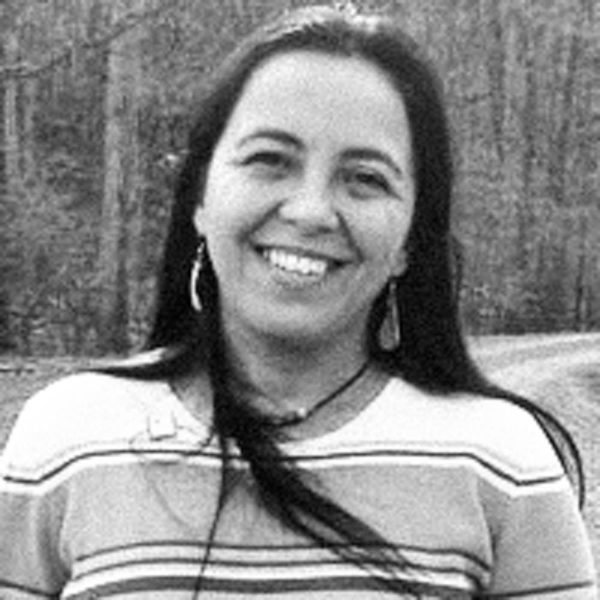 Michele Eduarda Brasil de SáFederal University of Rio de Janeiro, Brazil
Michele Eduarda Brasil de SáFederal University of Rio de Janeiro, Brazil -
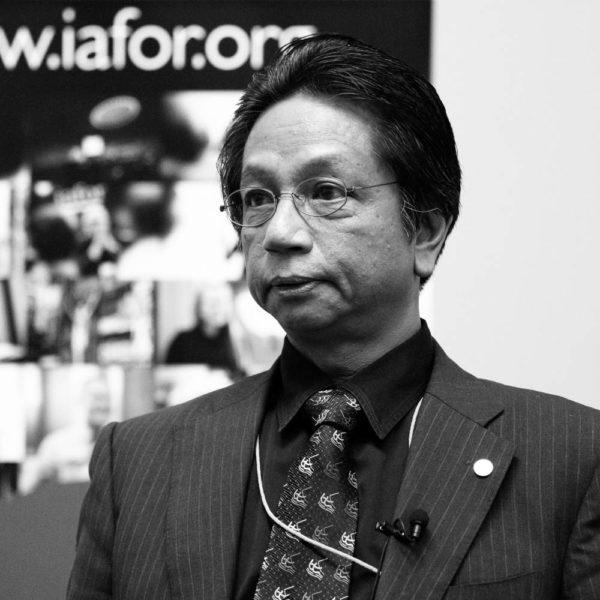 Monty P. SatiadarmaTarumanagara University, Indonesia
Monty P. SatiadarmaTarumanagara University, Indonesia -
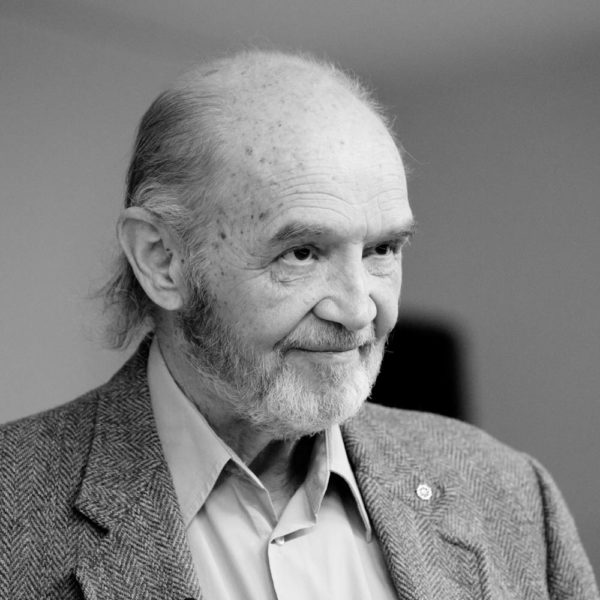 Brian VictoriaOxford Centre for Buddhist Studies, UK
Brian VictoriaOxford Centre for Buddhist Studies, UK
Organising Committee
The Conference Programme Committee is composed of distinguished academics who are experts in their fields. Conference Programme Committee members may also be members of IAFOR's International Academic Board. The Organising Committee is responsible for nominating and vetting Keynote and Featured Speakers; developing the conference programme, including special workshops, panels, targeted sessions, and so forth; event outreach and promotion; recommending and attracting future Conference Programme Committee members; working with IAFOR to select PhD students and early career academics for IAFOR-funded grants and scholarships; and overseeing the reviewing of abstracts submitted to the conference.
Review Committee
- Dr Anton Sutandio, Maranatha Christian University, Indonesia
- Dr Changsong Wang, Universiti Sains Malaysia, Malaysia
- Professor Gülsüm Baydar, Yaşar University, Turkey
- Professor Joseph Sorensen, University of California at Davis, United States
- Dr Kirstin Ellsworth, California State University Dominguez Hills, United States
- Dr Kristian Pérez Zurutuza, EHU-UPV & UNED, Spain
- Dr Lateef Onireti Ibraheem, University of Ilorin, Nigeria
- Dr Raad Abd-Aun, College of Education, University of Babylon, Iraq
- Dr Reena Mittal, Dak Degree College, India
- Dr Trisnowati Tanto, Maranatha Christian University, Indonesia
- Dr Tuğba Elmacı, Canakkale Onsekiz Mart University, Turkey
- Dr Yi-Chin Shih, Tamkang University, Taiwan
- Dr Zahra Al-Zadjali, Sultan Qaboos University, Oman
- Dr Zeynep Gunay, Istanbul Technical University, Turkey
- Professor Zohreh Mirhosseini, Islamic Azad University-Tehran North Branch, Iran
IAFOR's peer review process, which involves both reciprocal review and the use of Review Committees, is overseen by conference Organising Committee members under the guidance of the Academic Governing Board. Review Committee members are established academics who hold PhDs or other terminal degrees in their fields and who have previous peer review experience.
If you would like to apply to serve on the ACAH2019 Review Committee, please visit our application page.
IAFOR Grant & Scholarship Recipients
We are delighted to announce the first recipients of financial support as part of the IAFOR grants and scholarships programme, newly launched for 2017. Our warmest congratulations go to Ismahan Wayah, recipient of the Stuart D. B. Picken Grant & Scholarship, and James Kin-Pong Au, Isabelle Coy-Dibley and Ashley Harbers, recipients of IAFOR Scholarships, who have been selected by the conference Organising Committees to receive financial support to present their research at The Asian Conference on Arts & Humanities 2017 and The Asian Conference on Literature 2017.
IAFOR's grants and scholarships programme provides financial support to PhD students and early career academics, with the aim of helping them pursue research excellence and achieve their academic goals through interdisciplinary study and interaction. Awards are based on the appropriateness of the educational opportunity in relation to the applicant's field of study, financial need, and contributions to their community and to IAFOR's mission of interdisciplinarity. Scholarships are awarded based on availability of funds from IAFOR and vary with each conference.
The Organising Committee of the relevant IAFOR conference awards scholarships to eligible applicants who have submitted exceptional abstracts that have passed the blind peer review process and have been accepted for presentation at the conference.
Ismahan Wayah, University of Münster, Germany
Stuart D. B. Picken Scholarship Recipient
Ismahan Wayah graduated with a master’s degree in English, history and philosophy from the University of Mainz, Germany, and the University of Leeds, UK. She is currently doing her PhD with the Graduate School Practices of Literature and the Department of English, Postcolonial and Media Studies in Münster, Germany. In her doctoral thesis, "Muslim Narratives in Diaspora: Unity, Difference, and Dissidence", she analyses contemporary diasporic American and British Muslim fiction by drawing on postcolonial, postsecular and intersectional approaches. In 2016 she has been a visiting scholar in the Ethnic Studies department of the University of California, Berkeley, USA. In 2015, she served as a PhD student representative at the Graduate School Practices of Literature. Furthermore, she has been actively engaged in social justice projects in black and/or Muslim communities.
James Kin-Pong Au, University of Tokyo, Japan
IAFOR Scholarship Recipient
James Au is a postgraduate student at the University of Tokyo, Japan. Prior to that he studied Japanese literature at SOAS, University of London, UK. He completed his MA degree in comparative and literary studies in Hong Kong Baptist University in May 2014. Before that he obtained a bachelor’s degree in translation at The Chinese University of Hong Kong. He also spent four years learning foreign languages including Japanese, French and German, and developing his strong interest in comparative literature between East and West. His current research is to study how nihilism incorporated in the works of both Chinese and Japanese writers from the 1910s to the mid 1920s. His professional career outside academia includes compiling English teaching materials and teaching English courses in various local colleges, high schools and tutorial centres. Aside from professional interests, he travels widely, reads, writes and watches movies with his family and friends.
Ashley Harbers, Yonsei University, South Korea
IAFOR Scholarship Recipient
Ashley Harbers is currently a doctoral student in the department of English Literature at Yonsei University, Seoul, South Korea. She graduated with a Master of Arts in English from the University of Dallas and a Bachelor of Arts in English and Classical Studies from the University of Texas at Arlington, USA. She has taught high-school and college literature and composition as well as English as a Second Language, and her research interests include industrial and social problem novels of nineteenth-century England, the historical novel, and protest literatures.
Isabelle Coy-Dibley, University of Westminster, United Kingdom
IAFOR Scholarship Recipient
Isabelle Coy-Dibley is currently a PhD student at the University of Westminster, UK. In 2012, she gained a first class honours in her BA English Literature degree from the University of Westminster, UK. Following this, she completed an MA in English: 1850–Present at King's College London, UK, in 2013 and an MA in Gender, Sexuality and Culture at Birkbeck, University of London, UK, in 2014. Her predominant research interests are within contemporary women’s experimental literature with an interdisciplinary theoretical approach, presently exploring concepts of female corporeal memory, bodily semantics and methods of inscription upon the female body. She has presented at multiple conferences both in the UK and internationally.
